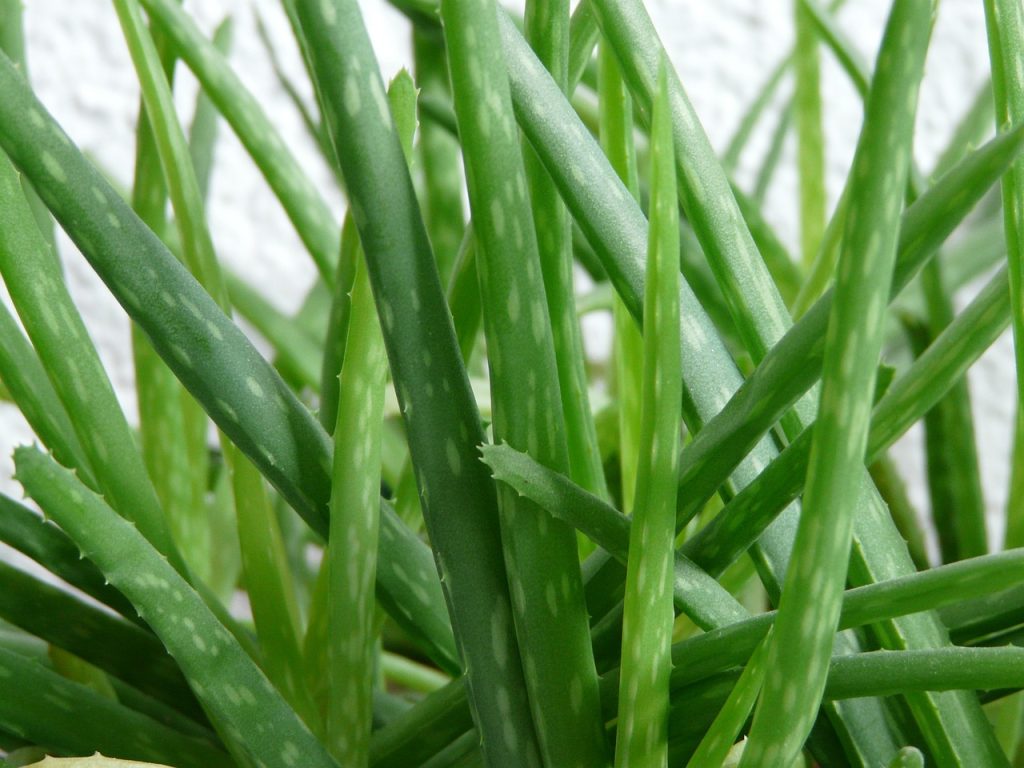
Creating a medicinal herb garden offers not just the pleasure of gardening but a way to cultivate your own natural remedies. Whether you’re nestled in the heart of the city or have sprawling backyard space, cultivating these healing plants can be both simple and profoundly beneficial. This guide will detail the 15 most useful herbs to start with, providing insights into their benefits and comprehensive care instructions for both indoor and outdoor environments.
1. Natural Healing: Medicinal herbs offer a natural alternative to synthetic drugs, often with fewer side effects.
2. Cost-Effective: Growing your own medicinal herbs can save you money compared to purchasing them from a store.
3. Connection to Nature: Cultivating a herb garden fosters a deeper connection to the natural world and encourages mindfulness.
4. Self-Sufficiency: Having access to medicinal herbs at home provides a sense of self-sufficiency and empowerment in managing your health.
5. Customization: You can tailor your herb garden to address specific health concerns and preferences.
Benefits: Lavender is renowned for its soothing properties, helpful in alleviating anxiety, insomnia, and even skin irritations. Plus, its vibrant purple flowers will add a dash of color to your garden.
Care Instructions: Lavender thrives in full sun and well-drained soil. It prefers dry conditions, so avoid overwatering. Indoors, place in a south-facing window and water sparingly.
Benefits: This gentle herb is great for digestion, relaxation, and as an anti-inflammatory.
Care Instructions: Chamomile enjoys full sun but will tolerate partial shade. It needs light, sandy soil and moderate watering. Indoors, ensure good air circulation and direct sunlight.
Benefits: Mint aids digestion and can relieve symptoms of IBS. It also has a refreshing taste and scent.
Care Instructions: Mint is vigorous and spreads rapidly; it’s best grown in pots to contain its roots. It prefers moist, rich soil and partial shade. Keep indoor pots near a window with indirect light.
Benefits: With strong anti-inflammatory and antibacterial properties, basil also helps with skin health.
Care Instructions: Basil loves warmth and lots of sun. Plant in fertile, well-drained soil and water regularly. Indoors, basil needs at least six hours of sunlight and warm temperatures.
Benefits: Ideal for enhancing memory, pain relief, and hair growth.
Care Instructions: Rosemary requires full sun and well-drained soil. It is drought-tolerant once established, so water infrequently. Indoors, place in a sunny spot and don’t overwater.
Benefits: Excellent for respiratory health, thyme has antiseptic qualities.
Care Instructions: Thyme thrives in well-drained soil and full sun. It is drought-tolerant and needs minimal watering. For indoor growth, ensure plenty of light and air circulation.
Benefits: Known for its calming effects, lemon balm can reduce stress and help with sleep.
Care Instructions: This plant prefers rich, moist soil and partial shade but can tolerate full sun. Indoors, keep the soil consistently moist and place in a bright, sunny window.
Benefits: Boosts the immune system and is effective against colds.
Care Instructions: Echinacea needs full sun and well-drained soil. It’s quite drought-tolerant and prefers not to be overwatered. It does well in large pots indoors with ample sunlight.
Benefits: Supports digestion and is beneficial for sore throats.
Care Instructions: Sage requires full sun and light, well-draining soil. Water moderately, allowing the soil to dry between waterings. Indoors, place in a sunny spot with good air flow.
Benefits: Great for skin care, particularly burns and cuts.
Care Instructions: Aloe Vera needs bright, indirect sunlight and well-drained sandy soil. Water deeply but infrequently, allowing the soil to dry out between waterings. Very suitable for indoor conditions.
Benefits: Effective for wound healing and anti-inflammatory skincare.
Care Instructions: Calendula prefers full sun and moderate watering. It can thrive in average soil. Indoors, ensure it gets at least 6 hours of sunlight and water regularly.
Benefits: A more potent variety of mint, peppermint is especially good for nausea, digestive issues, and relieving headaches. Its refreshing scent is also a natural mood lifter.
Care Instructions: Like other mints, peppermint can take over a garden, so pots are recommended. It prefers moist, partial-shady conditions. Indoors, provide indirect light and keep the soil moist.
Benefits: Supports liver health and digestion.
Care Instructions: Dandelion is highly adaptable but prefers full sun and fertile, well-drained soil. Indoors, grow in a deep container to accommodate its long taproot and provide ample sunlight.
Benefits: Reduces inflammation and aids digestion.
Care Instructions: Ginger requires warm, humid conditions, rich, well-drained soil, and partial shade. Indoors, use a large pot to accommodate its growth and keep it in a warm, slightly shaded spot.
Benefits: Known for its potent anti-inflammatory properties.
Care Instructions: Turmeric also needs warm, humid conditions and well-drained soil. It prefers partial shade. Indoors, ensure high humidity and warmth.
Starting your medicinal herb garden with these plants will not only provide you with a beautiful, fragrant space but also a natural, handy resource for health and wellness. Remember, the best gardens grow from patience and care, so start small, and enjoy the process of nurturing your health, one plant at a time.
Leave a comment